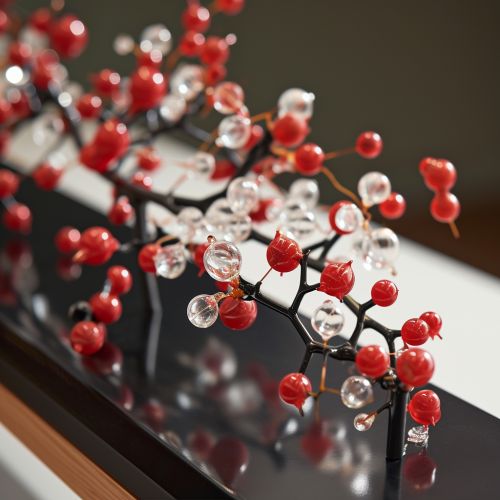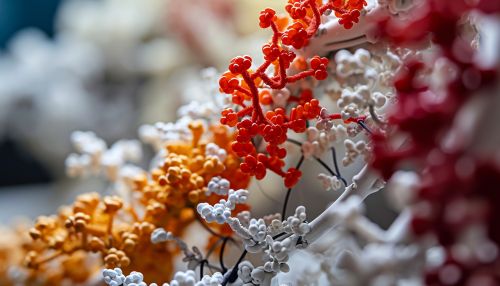Renin-angiotensin-aldosterone system
Overview
The Renin-angiotensin-aldosterone system (RAAS) is a hormone system within the body that is essential for regulation of blood pressure and fluid balance. It is a complex adaptive system that functions to maintain homeostasis in the body. The RAAS is primarily composed of the hormones renin, angiotensin II, and aldosterone. This system is a major target for drugs that are used to treat high blood pressure and heart failure.
Physiology
The RAAS is initiated when the kidneys release the enzyme renin into the bloodstream. This release is triggered by several factors, including low blood volume, low sodium levels, or low blood pressure. Renin acts on a protein called angiotensinogen, which is produced by the liver and released into the blood. Renin cleaves angiotensinogen to produce angiotensin I, which is then converted into angiotensin II by the action of the angiotensin-converting enzyme (ACE) primarily within the lungs.


Angiotensin II is a potent vasoconstrictor, meaning it narrows the blood vessels. This increases the resistance to blood flow, which can increase blood pressure. Angiotensin II also stimulates the release of the hormone aldosterone from the adrenal glands. Aldosterone acts on the cells of the kidneys, causing them to reabsorb more sodium and water from the urine. This increases the volume of fluid in the body, which can also help to increase blood pressure.
Clinical significance
The RAAS plays a critical role in many conditions that affect the heart and kidneys. Overactivity of the RAAS can lead to hypertension and heart failure, while underactivity can lead to low blood pressure and kidney failure. Drugs that inhibit the RAAS, such as ACE inhibitors and angiotensin II receptor blockers (ARBs), are commonly used to treat these conditions.
Pharmacology
There are several classes of drugs that target different components of the RAAS. These include renin inhibitors, ACE inhibitors, ARBs, and aldosterone antagonists. These drugs are used to treat a variety of conditions, including hypertension, heart failure, and kidney disease.
Research
Research into the RAAS has led to the development of many effective treatments for cardiovascular and kidney diseases. However, there is still much to learn about this complex system. Current research is focused on understanding the role of the RAAS in conditions such as diabetes and obesity, and on developing new drugs that can more effectively target this system.
